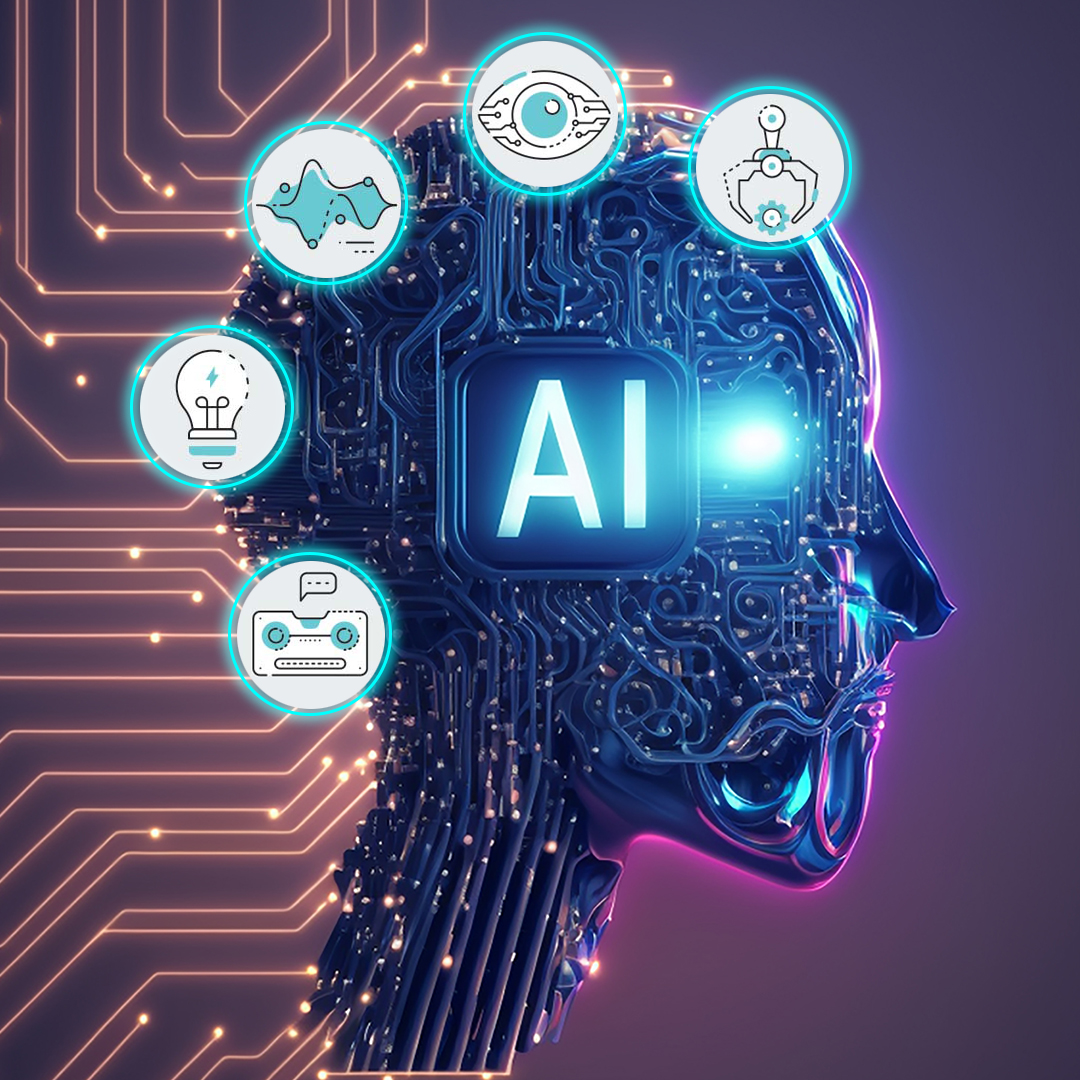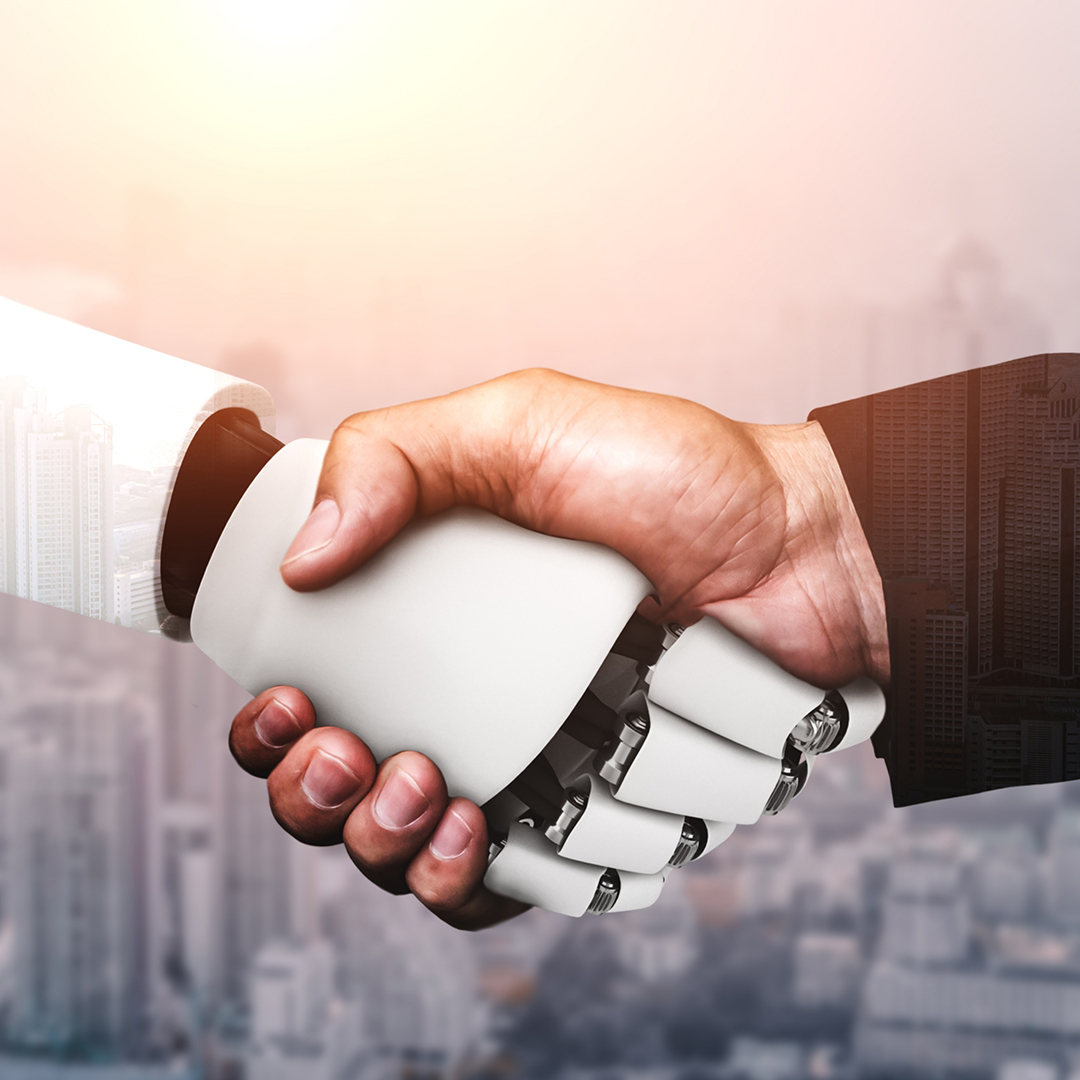9 Top Risks of Generative AI and Your Essential Guide to Managing Them
Prioritizing generative AI has become a focal point for many industries as the world shifts more and more toward technological innovation, taking creativity and automation to new heights. Data scientists are leveraging the powerful capabilities of generative AI models to produce impressive outcomes, ranging from enhanced data analytics performance to content creation. It's becoming evident, though, that a lot of users are unaware of the risks associated with generative AI. Risks to intellectual property, privacy, cybersecurity, third-party relationships, legal obligations, and regulatory compliance have already surfaced.
The potential drawbacks and challenges of using these artificial intelligence (AI) models are now beginning to outweigh the benefits as more users integrate generative AI into their daily workflows without conducting adequate due diligence. This is especially true for enterprise users, who must adhere to industry-specific regulations and safeguard customer data by using transparent data and security practices.
To ensure a future in which technology serves humanity's best interests, we must acknowledge and navigate these challenges. This blog post delves deep into the myriad risks of generative AI along with providing strategies to mitigate them.
Understanding Generative AI
Generative AI can produce different types of content like text, images, audio, and synthetic data. New user interfaces that make it easy to create outstanding text, drawings, and videos in a matter of seconds have generated a lot of interest in generative AI recently.
The capabilities of GenAI have substantially increased with recent advances in the area, such as GPT (Generative Pre-trained Transformer) and Midjourney. These developments have created new opportunities to use GenAI for artistic creation, problem-solving, and even supporting scientific study.

The world has been overtaken by generative AI, which is completely altering the way we work, communicate, and develop. With 100 million users, ChatGPT is a testament to the innovative technology's quick uptake and broad influence. Its steady spread and widespread appeal on GitHub serve to further highlight its transformational potential.
Generative AI, although still in its infancy, is already reshaping several industries and will only become more and more prevalent in our daily lives. Adopting this potent technology will lead to previously unthinkable opportunities and the dawn of a new age of innovation, productivity, and advancement. Ensuring accountability in AI is essential to mitigate potential risks and negative impacts on individuals and society as a whole.
Learn About the Potential Risks of AI
Artificial intelligence carries many potential challenges, and these AI risks will continue to increase as it becomes more powerful and pervasive. Promoting awareness of issues facilitates conversations on the ethical, legal, and societal implications of AI. The following are the primary risks associated with AI:
1. Lack of Transparency

There is an urgent need to address the lack of transparency in AI systems, especially with deep learning models that can be intricate and challenging to comprehend. The fundamental logic and decision-making procedures of these technologies are hidden by their opaqueness. People may become distrustful of AI systems and reject their adoption if they cannot comprehend how an AI system arrives at its conclusion. Explainable AI aims to address this by providing insights into how AI systems arrive at specific conclusions.
2. Discrimination and Bias
Biased algorithmic design or training data might cause AI systems to unintentionally reinforce or magnify social prejudices. Developing unbiased algorithms and a variety of training data sets is essential to reducing discrimination and ensuring fairness. Unchecked bias in AI might keep inequality alive. Fighting bias is not just morally right when we unleash AI's potential; it is also necessary if AI is to truly benefit people.
3. Privacy Concerns
Large volumes of personal data are frequently collected and analyzed by AI technology, which raises concerns about data security and privacy. We need to push for stringent data protection laws and secure data management procedures to reduce privacy risks.
4. Ethical Concerns
As AI becomes increasingly integrated into various aspects of our lives, from healthcare to finance and beyond, the need for ethical AI practices becomes even more pressing. Instilling ethical and moral values in AI systems is difficult, particularly when such systems are making decisions that might have far-reaching effects.
To prevent detrimental effects on society, researchers and developers must give priority to the ethical implications of AI technology.

5. Security Risks
The usage of AI technology poses an increasing risk of misuse and security vulnerabilities as they become more advanced. Hackers can use AI to create increasingly sophisticated cyberattacks, go beyond security measures, and take advantage of flaws in systems. Issues concerning the risks posed by rogue states or non-state actors utilizing AI-driven autonomous weaponry are also raised by the technology's emergence, particularly in light of the possible loss of human control over crucial decision-making processes.
6. Overreliance on AI
An over-reliance on AI systems might result in a decline in human intuition, creativity, and critical thinking abilities. Preserving cognitive ability requires finding a balance between human input and AI decision-making.
7. Job Displacement

AI-driven automation may result in job losses in several areas, especially for low-skilled people (though there's a chance that these and other cutting-edge technologies could generate more employment than they replace).
To stay relevant in the ever-evolving world, workers must adapt and pick up new skills as AI technologies continue to advance and become more efficient. Particularly for the less skilled people in the job sector today, this is true.
8. Legal and Regulatory Challenges
To handle the unique issues brought about by AI technology, such as responsibility and intellectual property rights, it is imperative to create new legislative frameworks and rules. AI governance refers to the establishment of frameworks, policies, and regulations to guide responsible AI development and deployment.
To safeguard everyone's rights and keep up with technological changes, legal systems must change. AI regulations are dynamic, with various countries and regions at different stages of formulating and implementing guidelines.
9. Existential Risks
Long-term concerns for mankind arise from the emergence of artificial general intelligence (AGI) that surpasses human intellect. The possibility of AGI might have unexpected and possibly disastrous effects as human values and objectives might not be aligned within these sophisticated AI systems.
The AI research community must actively participate in safety research, work together on ethical standards, and encourage openness in AGI development to reduce these risks. It is crucial to make sure that AGI advances us and does not put at risk our very existence.
Potential Future Trends in Generative AI Landscape
The remarkable complexity and user-friendliness of ChatGPT encouraged generative AI to become widely used. Undoubtedly, the rapid uptake of generative AI applications has also highlighted certain challenges in using this technology responsibly and securely. The growing popularity of generative AI tools like Bard, Midjourney, ChatGPT, and Stable Diffusion has also led to an infinite array of training courses for individuals at all skill levels. A lot of them are meant to assist developers in making AI apps. Others put more of an emphasis on business users who want to employ the new technology throughout their business. To develop more reliable AI, businesses and society will eventually also provide better means of monitoring the information's source.
As generative AI develops, it will make advancements in translation, medication discovery, anomaly detection, and the creation of new content. Even if these novel one-off tools are excellent, the greatest future impact of generative AI will come from seamlessly incorporating these features into the technologies we now use.
It's difficult to predict how generative AI will affect things in the future. However, we will eventually have to reassess the nature and worth of human knowledge as we continue to use these technologies to automate and enhance human work.
Final Thoughts
As generative AI becomes more widely used, businesses must make sure they're utilizing the technology responsibly and minimizing any possible harm. Techniques like training data reviews, effective prompt engineering, ethical considerations, professional skepticism, and critical judgment may all help businesses make sure the technologies they use are reliable, secure, and accurate—all of which might contribute to the well-being of humans.
The specific actions that organizations must take will change over time as generative AI develops fast. Organizations could nevertheless successfully traverse this time of fast development by adhering to a strict ethical framework. Have any queries? Feel free to contact us!


